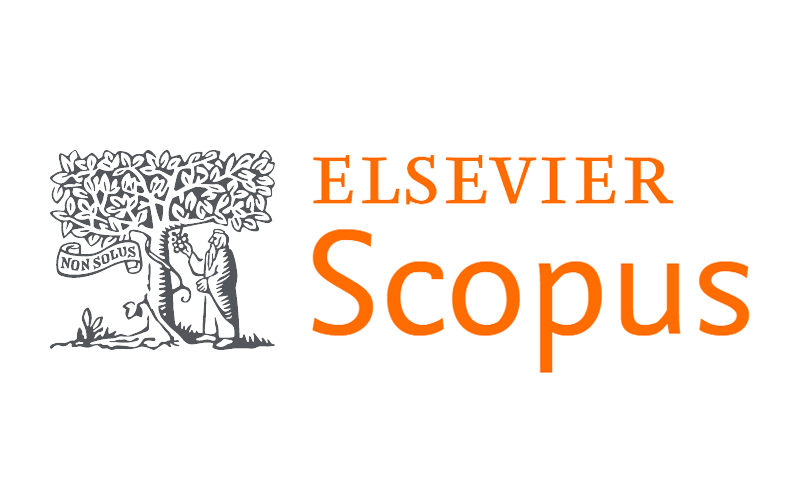Medicine and the Law
How does South African law handle cases involving baby swapping?
DOI:
https://doi.org/10.7196/SAMJ.2022.v112i8.16577Keywords:
baby swappingAbstract
Cases of baby swapping in South Africa (SA) are very rare. In 1996 the first of these cases, Clinton-Parker v Administrator, Transvaal; Dawkins v Administrator, Transvaal, appeared before our courts. The parties in that instance decided to keep the babies who had been erroneously given to them, but the plaintiffs were awarded compensation for the emotional shock and injury they endured as the result of the defendant’s negligence. In recent times we had the case of Child Law v NN and NS (GP), where the parties also decided to keep the children who had been erroneously given to them by the hospital staff. These scenarios, while difficult, have had amicable conclusions, with the parents electing not to pursue custody of their natural children. The situation would be more complex if either of the parties were to decide that they want their natural child back. A number of questions are pertinent here, and will guide the discussion in this article. Is it as simple as both of the ‘psychological’ parents returning the babies to their natural parents? Do the parents have a claim against the hospital staff? Unfortunately there is not a wealth of legal precedent to assist the SA courts in this regard. The article explores the jurisprudence that speaks to baby swapping, in an attempt to provide clarity and assistance in resolving these difficult cases.
References
Hersh D. Switched at birth – the increasing problem of baby swapping. In: Benjamin N Cardozo School of Law, Yeshiva University. Women’s Annotated Legal Bibliography. Buffalo, NY: William S Hein and Co., 1993:185-204. https://heinonline.org/HOL/Ph=hein.journals/wannotb7&i=197 (accessed 12 April 2022).
Clinton-ParkervAdministrator,Transvaal;DawkinsvAdministrator,Transvaal1996(2)SA37(W).
CentreforChildLawvNNandNS(GP)(unreportedcaseno32053/2014,16-11-2015).
South Africa. Constitution of the Republic of South Africa No. 108 of 1996. https://www.gov.za/
documents/constitution/constitution-republic-south-africa-1996-1 (accessed 12 April 2022).
South Africa. Children’s Act No. 38 of 2005. https://www.gov.za/documents/childrens-act (accessed 10 April 2022).
Barrie GN. The best interests of the child: Lessons from the first decade of the new millennium. Tyd S Afr Reg 2011;1(1)127-134.
Princev.Massachusetts321U.S1581944SupremeCourt64S.Ct.438,88L.Ed.645.
Doe638159Ill.2d347,202Ill.Dec.535,638N.E.2d181.
Crane T. Mistaken baby switches: An analysis of hospital liability and resulting custody issues. J Legal
Med 2010;21(1)109-124. https://doi.org/10.1080/019476400272828
Downloads
Published
Issue
Section
License

This work is licensed under a Creative Commons Attribution-NonCommercial 4.0 International License.
Licensing Information
The SAMJ is published under an Attribution-Non Commercial International Creative Commons Attribution (CC-BY-NC 4.0) License. Under this license, authors agree to make articles available to users, without permission or fees, for any lawful, non-commercial purpose. Users may read, copy, or re-use published content as long as the author and original place of publication are properly cited.
Exceptions to this license model is allowed for UKRI and research funded by organisations requiring that research be published open-access without embargo, under a CC-BY licence. As per the journals archiving policy, authors are permitted to self-archive the author-accepted manuscript (AAM) in a repository.
Publishing Rights
Authors grant the Publisher the exclusive right to publish, display, reproduce and/or distribute the Work in print and electronic format and in any medium known or hereafter developed, including for commercial use. The Author also agrees that the Publisher may retain in print or electronic format more than one copy of the Work for the purpose of preservation, security and back-up.





